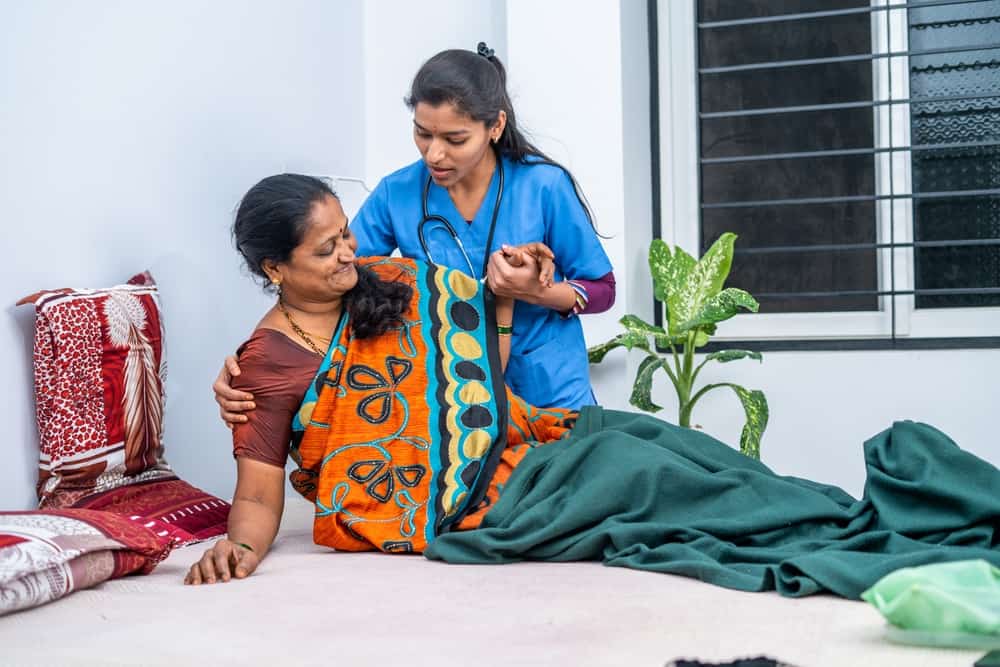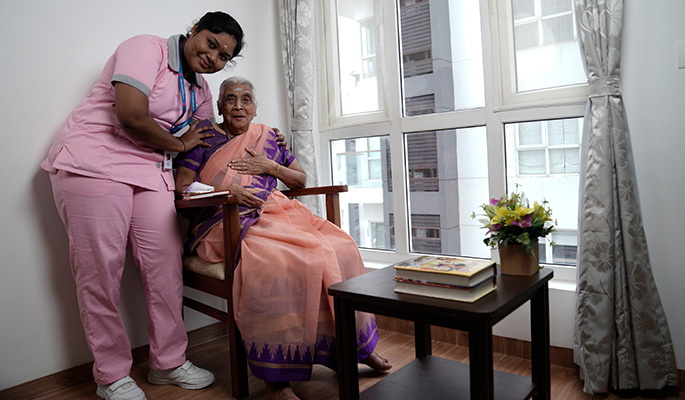Enhancing Quality of Life: In-Home Care Services in Bangladesh
In-home care services in Bangladesh have emerged as a vital component of the healthcare system, catering to the diverse needs of individuals who require assistance with daily living activities. These services play a crucial role in supporting elderly individuals, persons with disabilities, and patients recovering from illnesses or surgeries, enabling them to maintain independence and quality of life within the comfort of their homes.
The landscape of healthcare in Bangladesh has evolved significantly in recent years, with a growing recognition of the importance of community-based care models. In-home care services have gained prominence as an alternative to institutionalized care, offering personalized support tailored to the unique needs of each individual.
One of the primary benefits of in-home care services is the preservation of dignity and autonomy for the recipients of care. By receiving assistance in familiar surroundings, individuals can maintain a sense of independence and control over their daily routines, contributing to their emotional well-being and overall satisfaction with life.
Moreover, in-home care services promote continuity of care by facilitating ongoing support from trained professionals, including nurses, caregivers, and therapists. These professionals offer a range of services, including personal care assistance, medication management, wound care, physical therapy, and companionship, ensuring that individuals receive comprehensive and holistic care tailored to their specific needs.
The provision of in-home care services is also aligned with the principles of patient-centered care, placing the needs and preferences of individuals at the forefront of decision-making. Care plans are developed in collaboration with clients and their families, taking into account cultural, social, and religious considerations to ensure that care is delivered in a respectful and culturally sensitive manner.
Furthermore, in-home care services contribute to the overall efficiency of the healthcare system by reducing the burden on hospitals and long-term care facilities. By enabling individuals to receive care at home, unnecessary hospitalizations and institutionalizations can be avoided, leading to cost savings and better allocation of resources within the healthcare system.
In conclusion, in-home care services represent a valuable resource in Bangladesh’s healthcare landscape, offering personalized support, promoting independence, and enhancing the quality of life for individuals in need of assistance. As the demand for these services continues to grow, it is essential to prioritize investments in training, infrastructure, and policy frameworks to ensure that all individuals have access to high-quality, affordable in-home care tailored to their needs.




